Nuclear stress tests for all
Adelina Marini, April 1, 2011
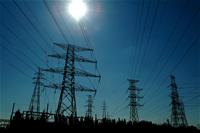 Ensuring the safety of nuclear power plants cannot stop at European Union's borders, which is why the Union would ask nuclear stress tests to be held in neighbouring countries and in the world at large, as well. This is stipulated in the conclusions (p. 10, art. III), adopted on March 25 by the 27 heads of state of EU member states with regard to the nuclear crisis in Japan. The question of a Russian journalist regarding the nuclear stress tests in neighbouring countries, as well as what would happen to the plants that fail the tests caused laughter between Commission President Jose Manuel Barroso and European Council President Herman Van Rompuy as both were asking each other who was more fit to respond.
Ensuring the safety of nuclear power plants cannot stop at European Union's borders, which is why the Union would ask nuclear stress tests to be held in neighbouring countries and in the world at large, as well. This is stipulated in the conclusions (p. 10, art. III), adopted on March 25 by the 27 heads of state of EU member states with regard to the nuclear crisis in Japan. The question of a Russian journalist regarding the nuclear stress tests in neighbouring countries, as well as what would happen to the plants that fail the tests caused laughter between Commission President Jose Manuel Barroso and European Council President Herman Van Rompuy as both were asking each other who was more fit to respond.
Ultimately Mr Barroso engaged with a reply by saying: "Of course we respect the sovereign rights of our neighbours but we think that global matters are a common 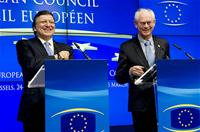 responsibility. So we have said in our conclusions that the safety of nuclear plants obviously cannot stop at our borders and the EU will request neighbouring countries to do the same".
responsibility. So we have said in our conclusions that the safety of nuclear plants obviously cannot stop at our borders and the EU will request neighbouring countries to do the same".
The leaders of the 27 had agreed the following priorities to become a priority:
- The safety of all EU nuclear plants should be reviewed, on the basis of a comprehensive and transparent risk and safety assessment ("stress tests"). For the purpose the European Nuclear Safety Regulatory Group and the Commission are invited to develop as soon as possible the scope and modalities of these tests in a coordinated framework in the light of lessons learned from the accident in Japan and with the full involvement of Member States. An important element is that the assessments will be conducted by independent national authorities and through peer review and then published. The European Council will assess initial findings by the end of 2011, on the basis of a report from the Commission;
- The Commission will review the existing legal and regulatory framework for the safety of nuclear installations and will propose by the end of 2011 any improvements that may be necessary. Member States should ensure the full implementation of the Directive on the safety of nuclear installations. As euinside wrote Bulgaria has transposed the directive with amendments in the Safely Usage of Nuclear Energy Law in 2010.
One of the very important questions that did not receive an answer at the Spring European Council too was whether the nuclear stress tests will be obligatory. According to the initial agreement of the ministers of transport, economy or energy at their extraordinary council on March 21st, inspections were to be voluntary. To the same question Jose Manuel Barroso replied at the news conference on Friday like this: "We are not yet in a position to tell you how we are going to do them. All nuclear sites in Europe will be a subject of nuclear inspections. But the modalities have to be prepared by the network of operators. These modalities have to be universal for Europe".
As it became clear after the energy council on March 21st, the criteria for the inspections are yet to be developed as the 143 nuclear power plants in the EU are at a different age and were built with different technologies. Then the Commissioner on Energy, Gunter Oettinger, underlined that it was important the inspections to include tests like a plane crash or cyber-attack.
On March 25th the Bulgarian government information service announced that the tests for the nuclear power station Kozlodui have already started. According to the press release Prime Minister Boyko Borissov said this before journalists in Brussels after the Spring European Council. The stress tests are being held under the surveillance of the national Agency for Nuclear Regulation, as foreign observers from the International Atomic Energy Agency have also been invited. In the words of Mr Borissov Commission President Jose Manuel Barroso had praised Bulgaria for starting the the tests.
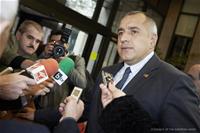 "President Barroso especially praised Bulgaria for starting the stress tests. Our insistence was in this process the European Commission to have a leading role, aside from the national independent bodies that inspect the nuclear plants. The results are being sent to an analytical body of the Commission. Thus we have transparency. I think this is precisely why President Barroso praised Bulgaria", the PM is quoted as saying. He had offered any possible failures to be taken into account during the tests. It is not clear why our country has started the tests, given that the universal criteria are still not developed as agreed at the European Council, on the basis of what had been approved before that by the ministers.
"President Barroso especially praised Bulgaria for starting the stress tests. Our insistence was in this process the European Commission to have a leading role, aside from the national independent bodies that inspect the nuclear plants. The results are being sent to an analytical body of the Commission. Thus we have transparency. I think this is precisely why President Barroso praised Bulgaria", the PM is quoted as saying. He had offered any possible failures to be taken into account during the tests. It is not clear why our country has started the tests, given that the universal criteria are still not developed as agreed at the European Council, on the basis of what had been approved before that by the ministers.
In fact, an important detail is also the fact that while the discussion of the criteria is taking place, as well as whether they should be obligatory or not, it will be also considered plans for future nuclear power plants to be stress tested. This detail is extremely important in terms of Bulgaria's plans to complete the construction of its second power plant in Belene. Maybe this is the only way Bulgarian society to learn the facts around this project and not only the political arguments for or against the realisation of the project.
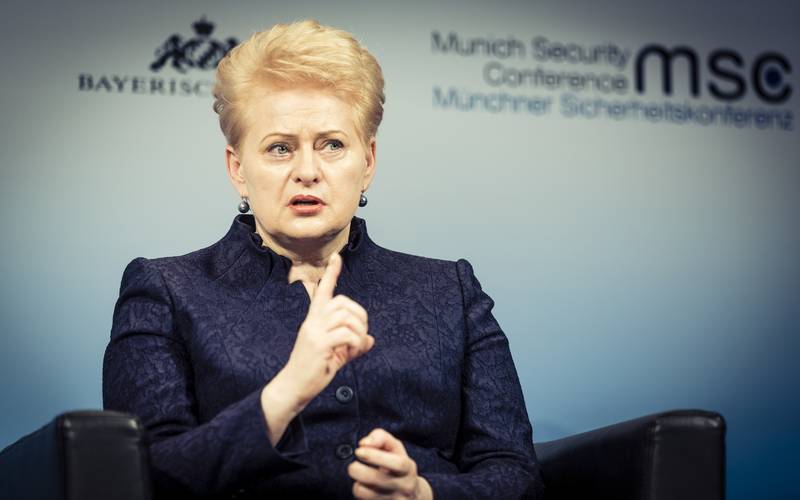 Dalia Grybauskaite | © MSC/Koerner
Dalia Grybauskaite | © MSC/Koerner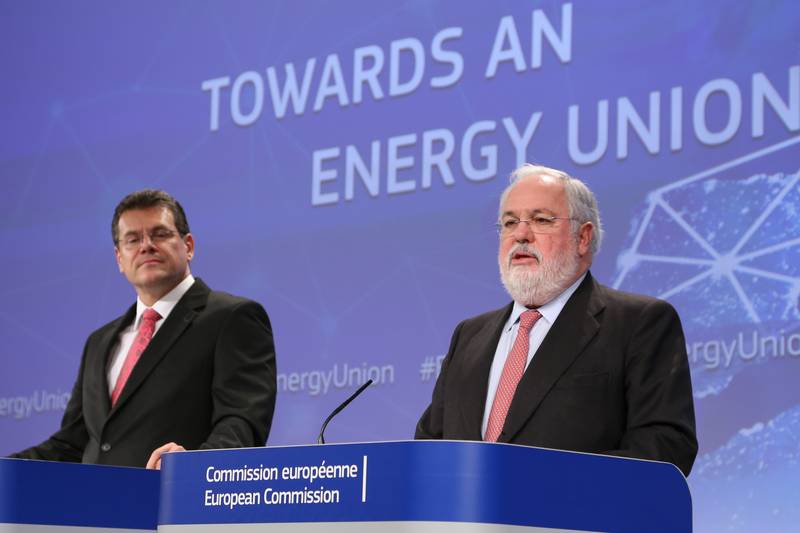 Maros Sefcovic, Miguel Arias Canete | © European Commission
Maros Sefcovic, Miguel Arias Canete | © European Commission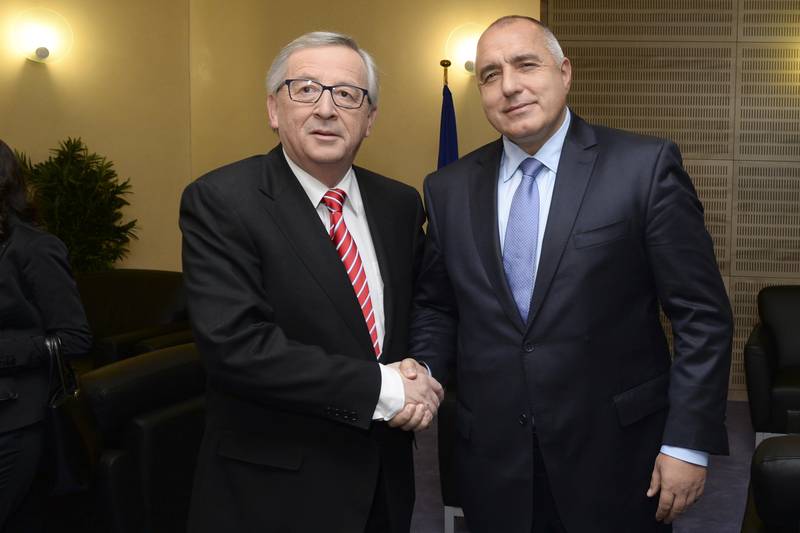 Jean-Claude Juncker, Boyko Borissov | © European Commission
Jean-Claude Juncker, Boyko Borissov | © European Commission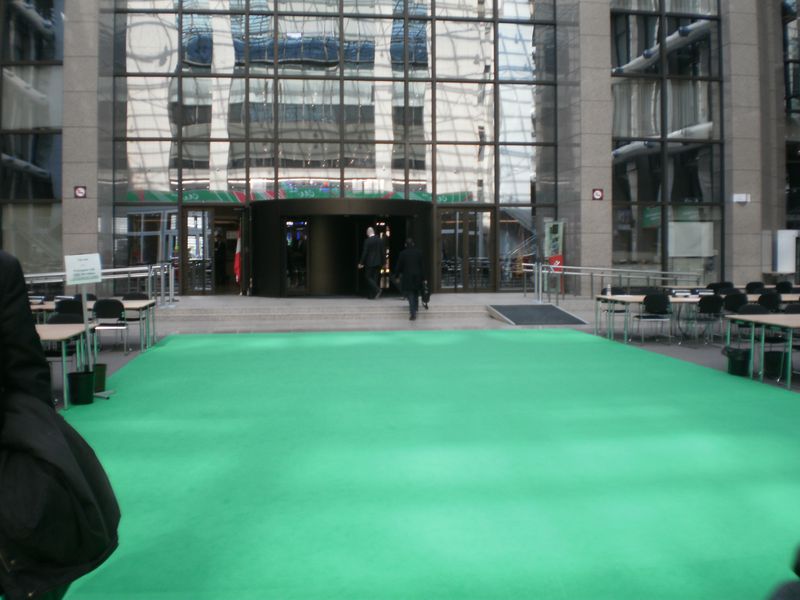 | © Ralitsa Kovacheva | www.euinside.eu
| © Ralitsa Kovacheva | www.euinside.eu